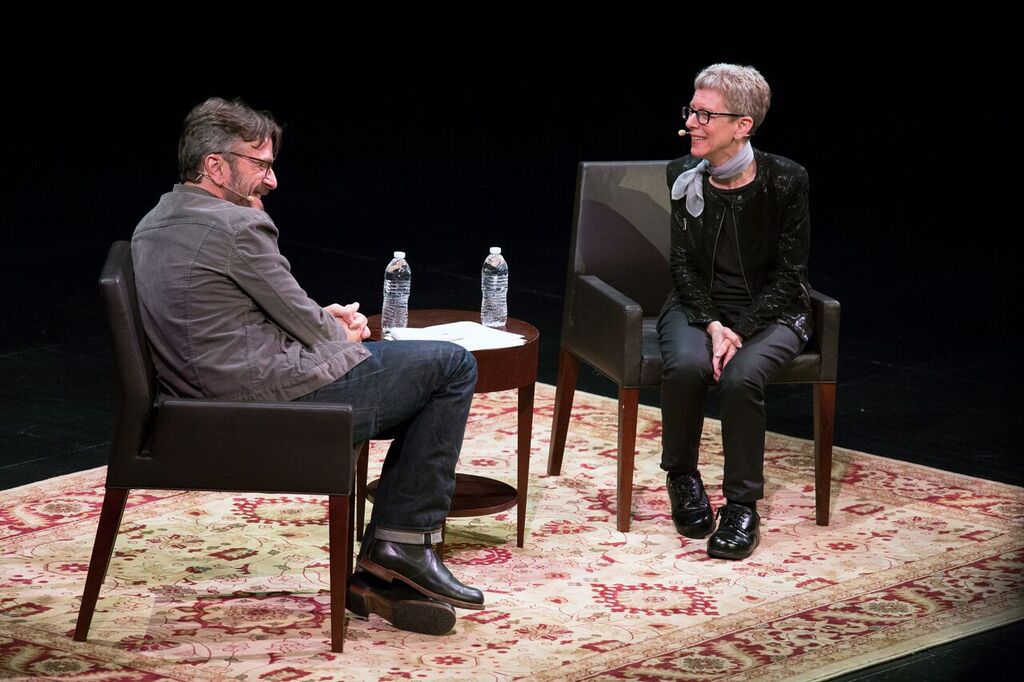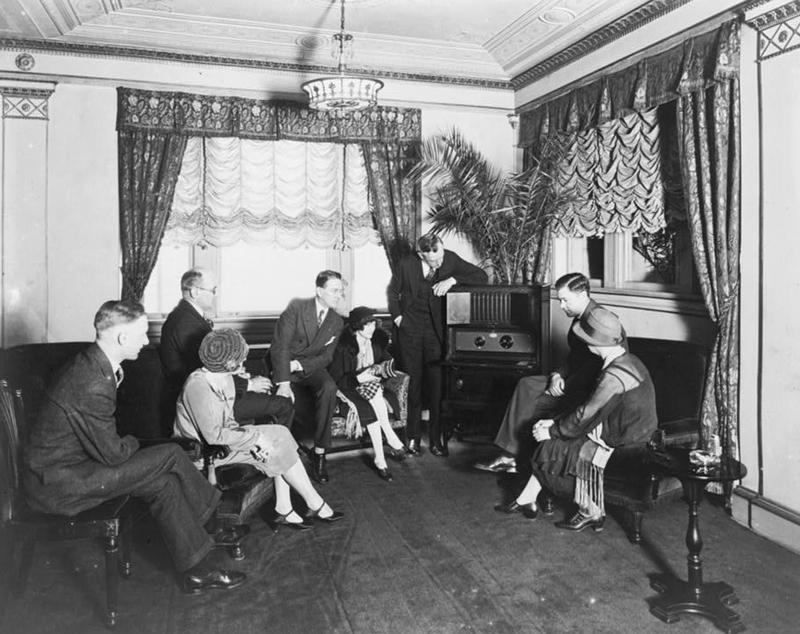Before Serial (B.S.), I listened to a couple of podcasts: Pop Culture Happy Hour and Hollywood Prospectus. Though I think they are both excellent and I continue to listen to them every Friday and Tuesday, respectively, they are easy to drop in and out of; they don’t ask much of the listener in terms of continuity and loyalty so you won’t feel lost if, say, you skip an episode or three because you’re holding a grudge against one of the hosts for saying they don’t like Taylor Swift. To be sure, these podcasts were a part of my weekly pop culture diet, but I wouldn’t have considered them groundbreaking or essential.
After Serial (A.S.), I have nine podcasts that I subscribe and listen to on a weekly basis. I have gone from podcast-anorexic to podcast-obese in less than six months, and I feel really, really good about it. What’s more, the podcasts I listen to now I would consider groundbreaking or essential, along with a squadron of other adjectives e.g., enlightening, quirky, clever, and rewarding. We are living in a kind of golden age of audio; if Serial was the delectable appetizer, then this is definitely the sumptuous main course. For the average consumer, podcasts have become a very legitimate, respectable, and requisite pillar of pop culture. And there is a veritable smorgasbord of shows for you to choose from. Your ears will never want for anything ever again.
Every show that the young company Gimlet Media produces is so staggeringly good—and so pleasurable to listen to both on a narrative level and on a purely aural level—that I actually found myself Google-imaging what the hosts looked like because I wanted a better picture in my head to match their honeyed, dulcet tones. I also recently discovered another podcast about language and words called The Allusionist. I listened to the first three episodes while getting an acupuncture treatment—it’s safe to say I was in some kind of etymological, homeopathic heaven. And though I don’t listen to WTF with Marc Maron regularly (but my dad does, and gets the goofiest look of adoration on his face when he talks about it), that doesn’t mean that I didn’t positively fall all over myself with joy when he interviewed Terry “The Gawdess” Gross on Fresh Air. I mean. Hi, I’m dead. You are now reading the words of my ghost.
A.S., how we listen to podcasts is also drastically different. Serial not only taught us how to really listen to a podcast—moment to moment and week to week, thus the title—it also taught us how to handle the bright, stressful reality of bingelistening. More people are catching up on their favorite podcast shows the way they would catch up on their favorite TV shows. I have personally perfected the art of bingelistening—in the mornings while I get ready and in the late afternoons while I nurse a glass of pinot noir—though my best friend informs me that having bluetooth in your car is helpful (I don’t have this option; one might say I’m driving down 6th St. with my woes). But then when you are finally caught up to the most recent episode, a whole other vista of excitement opens up to you: incorporating that podcast’s air schedule into your weekly routine. Is it Wednesday? Must be Reply All or Internet Explorer. Every other Friday? Call Your Girlfriend.
And though actually listening to podcasts is a decidedly solitary activity, talking about those podcasts is not. I know I check in with certain friends who listen to certain podcasts to recap post-mortem; I also find myself just plain recommending them to people more often. Much like my favorite TV shows, I have favorite podcast characters and episodes. Much like my favorite TV shows, I have magpied jokes and ideas that I’ve heard for my own vernacular; I have inside jokes with friends based on inside jokes from podcasts (great job, Baranski!). And, much like watching my favorite TV shows, I even live-listen to podcasts with friends at the same time. It’s like long-distance hanging out, somewhere between the Internet and IRL.
Sarah Koenig seems to have ushered in an audio renaissance. There’s something vaguely nostalgic and throwback about it, too; even if it doesn’t look like the picture above, it feels like it, and I think that’s what matters. Audio and podcasts (paudio? podio? There’s a free, clever brand name here somewhere) are here to stay. The beauty of living in a golden age of something is that there is something for everyone, because no one dominant voice is shouting louder and better than all of the others. A golden age is like that one idiom: a rising tide lifts all boats. Listen to whatever floats your boat, or at least until the next season of Serial starts.


HOLLLLLAAAA. I have such a cool bff. Can’t wait for the next season of Serial to start so I can listen to Sarah Koenig’s addicting voice all over again. When is that, btw? Anyway, liked the article, obvi. One of my law professors had us listen to certain eps of This American Life which was sweet.
Lylas
Theater of the mind refined. Loved it.
Shout out to your dad made him give ” the look” you mentioned except it was for you!